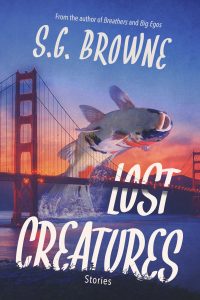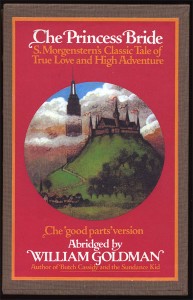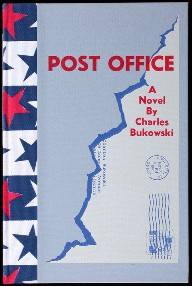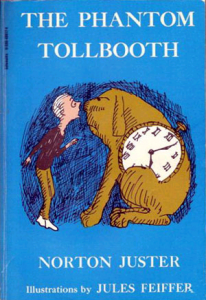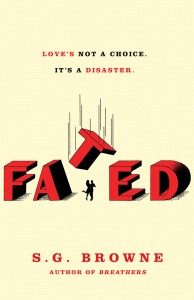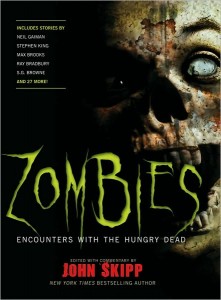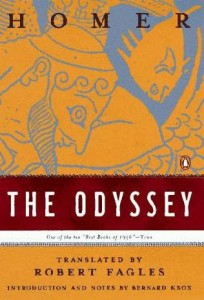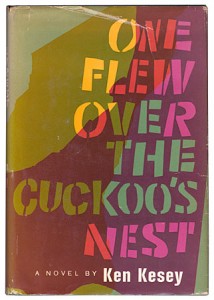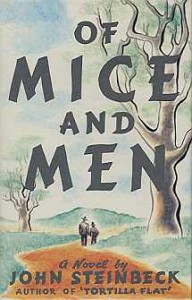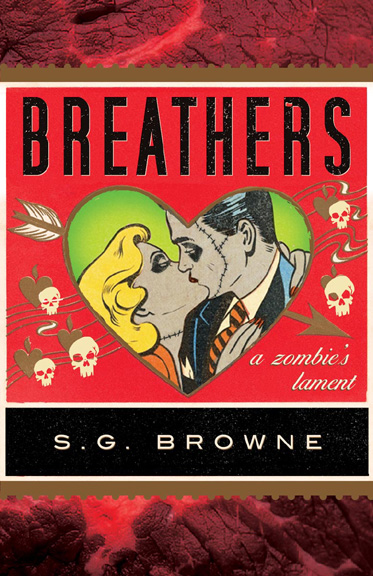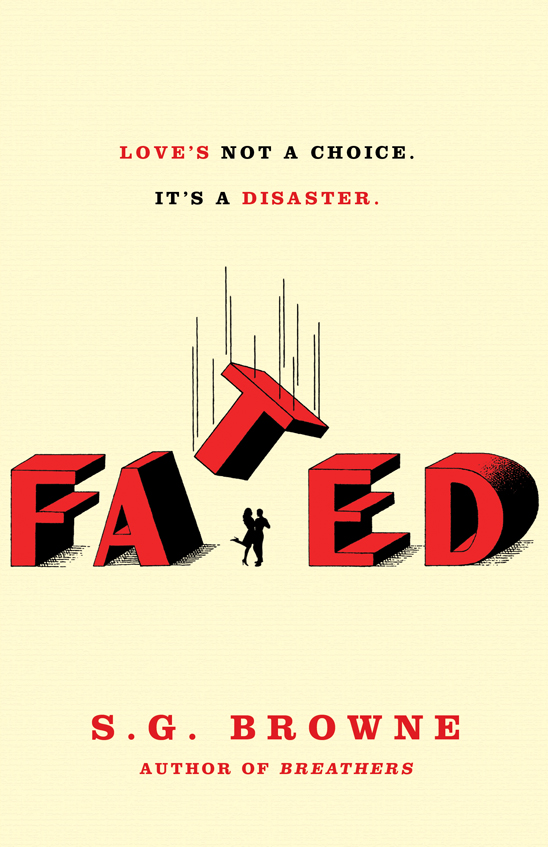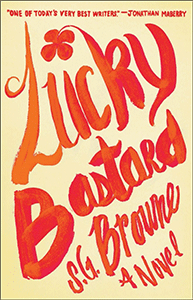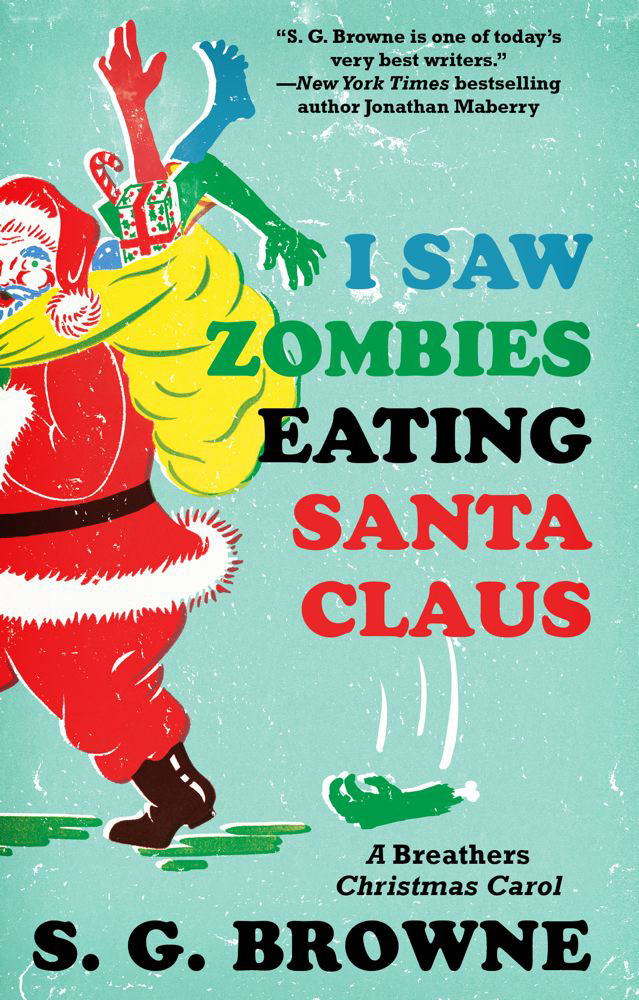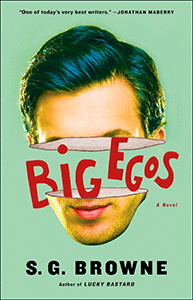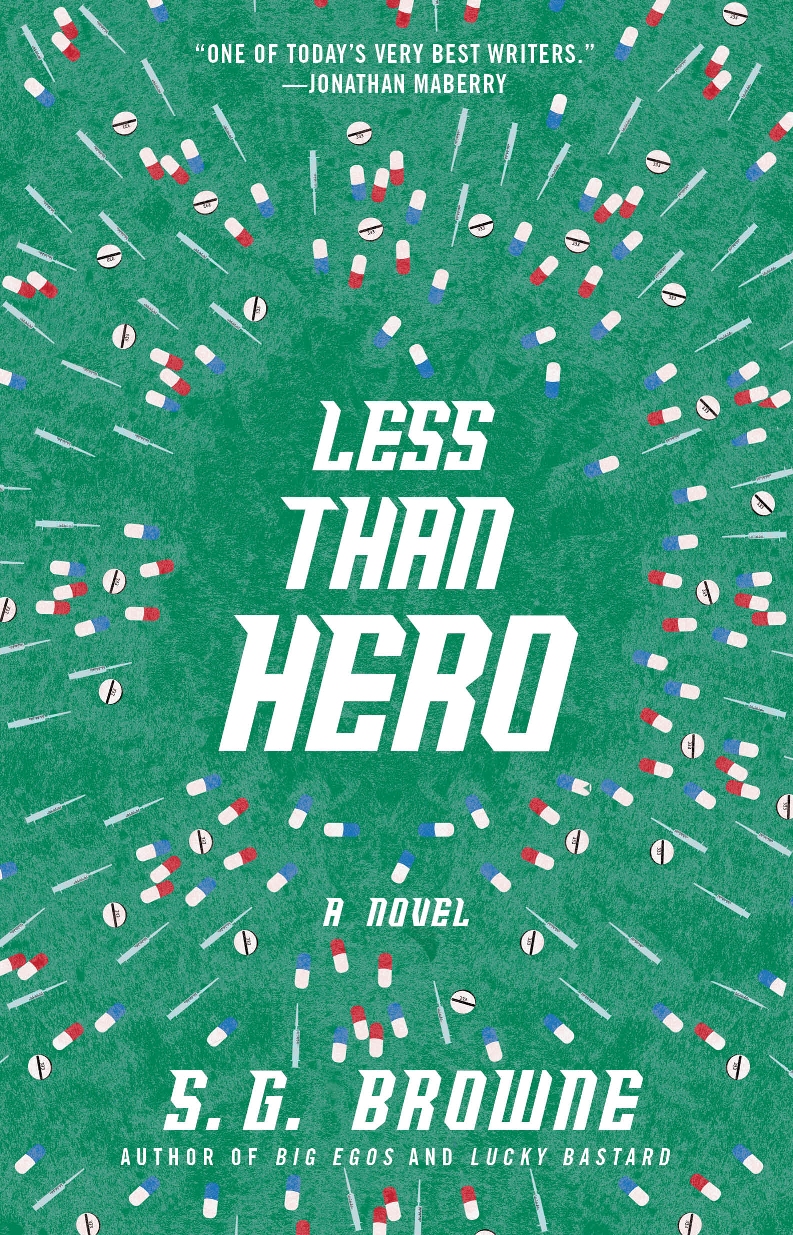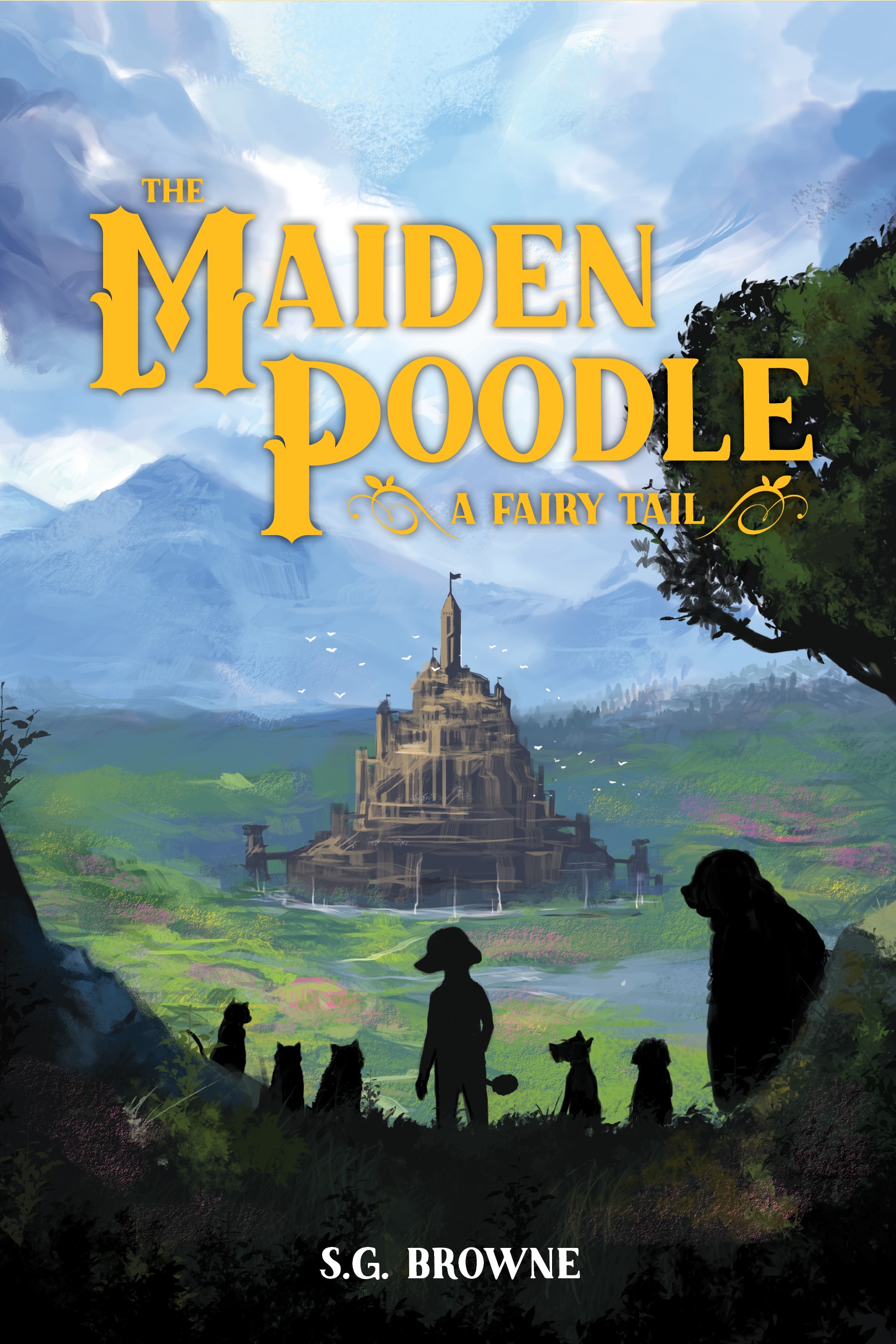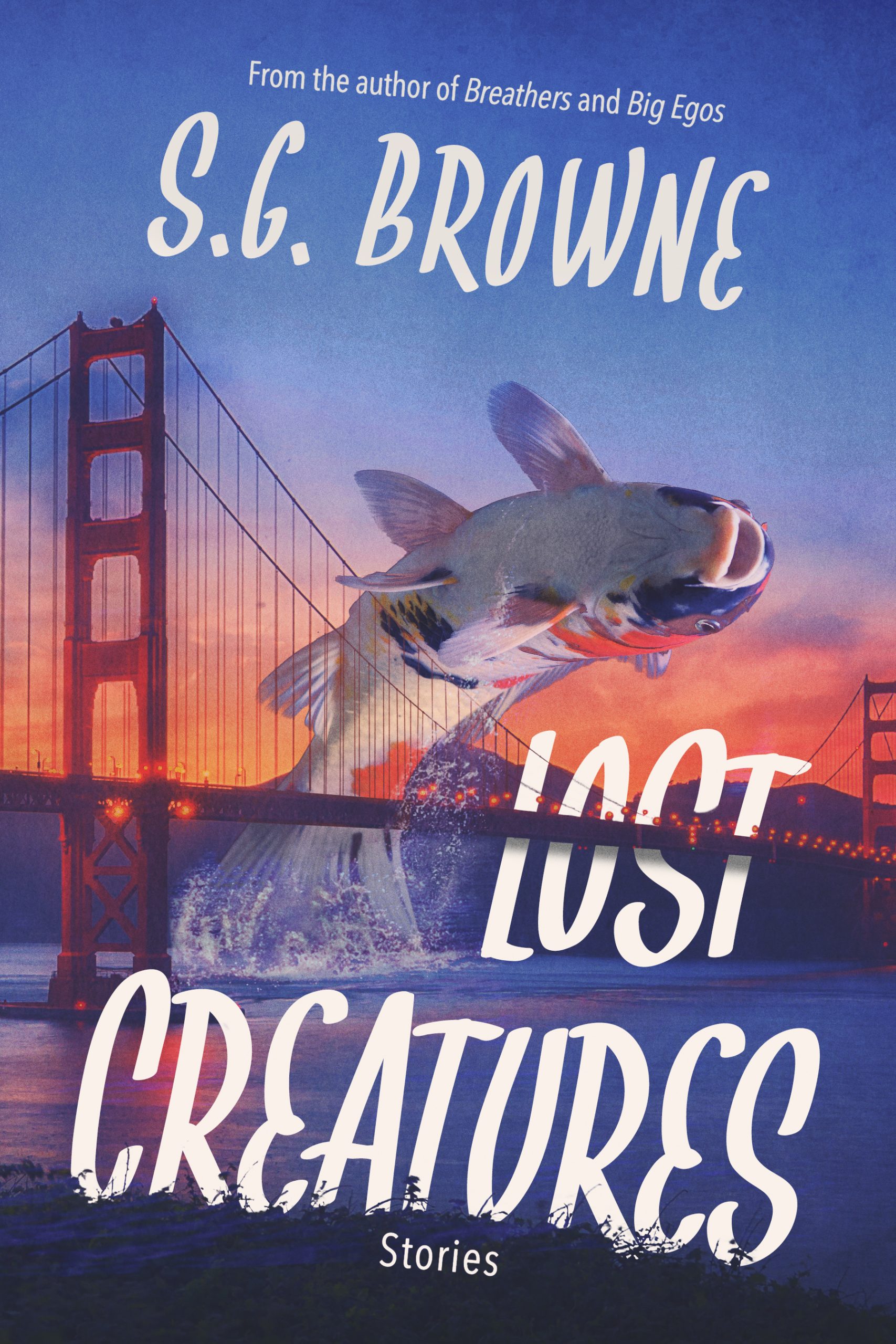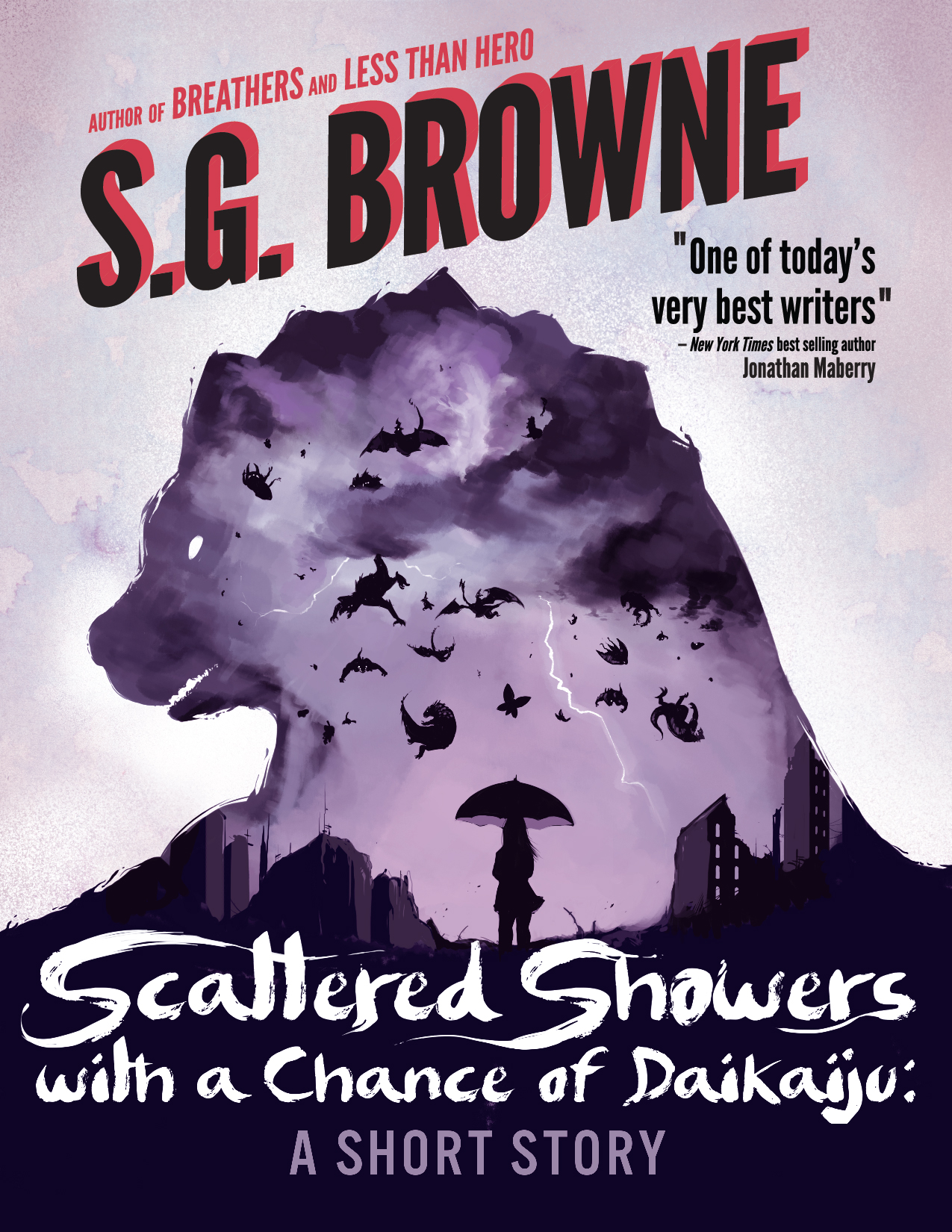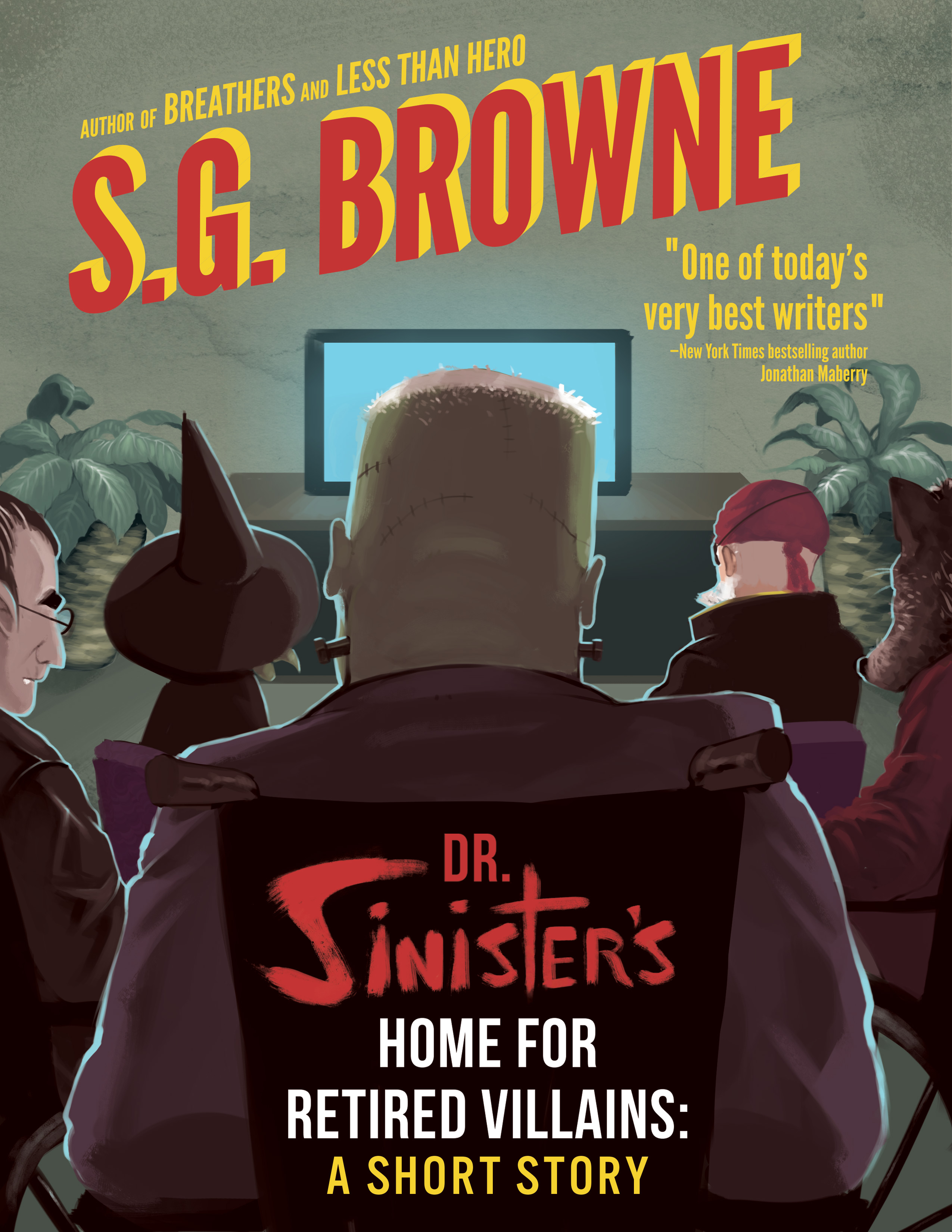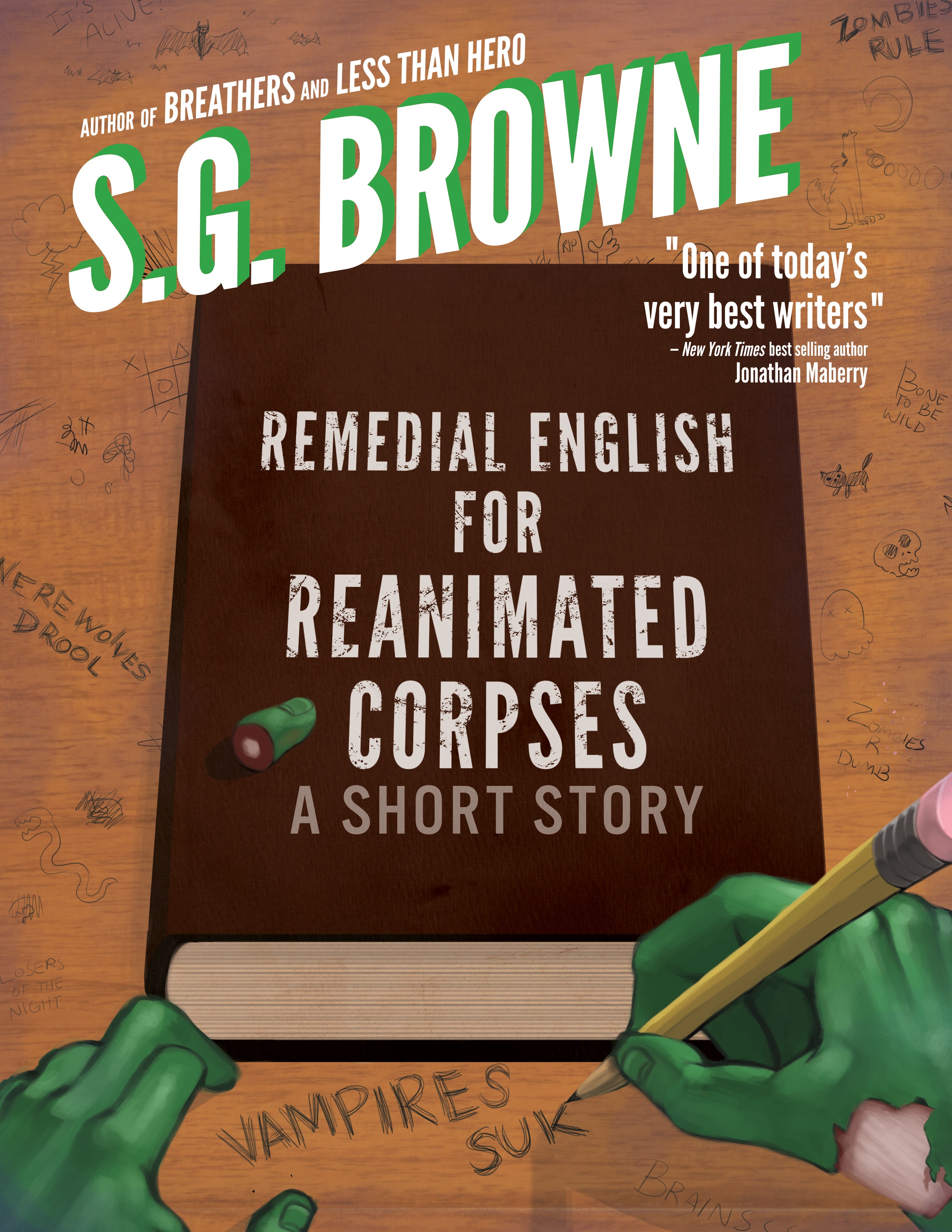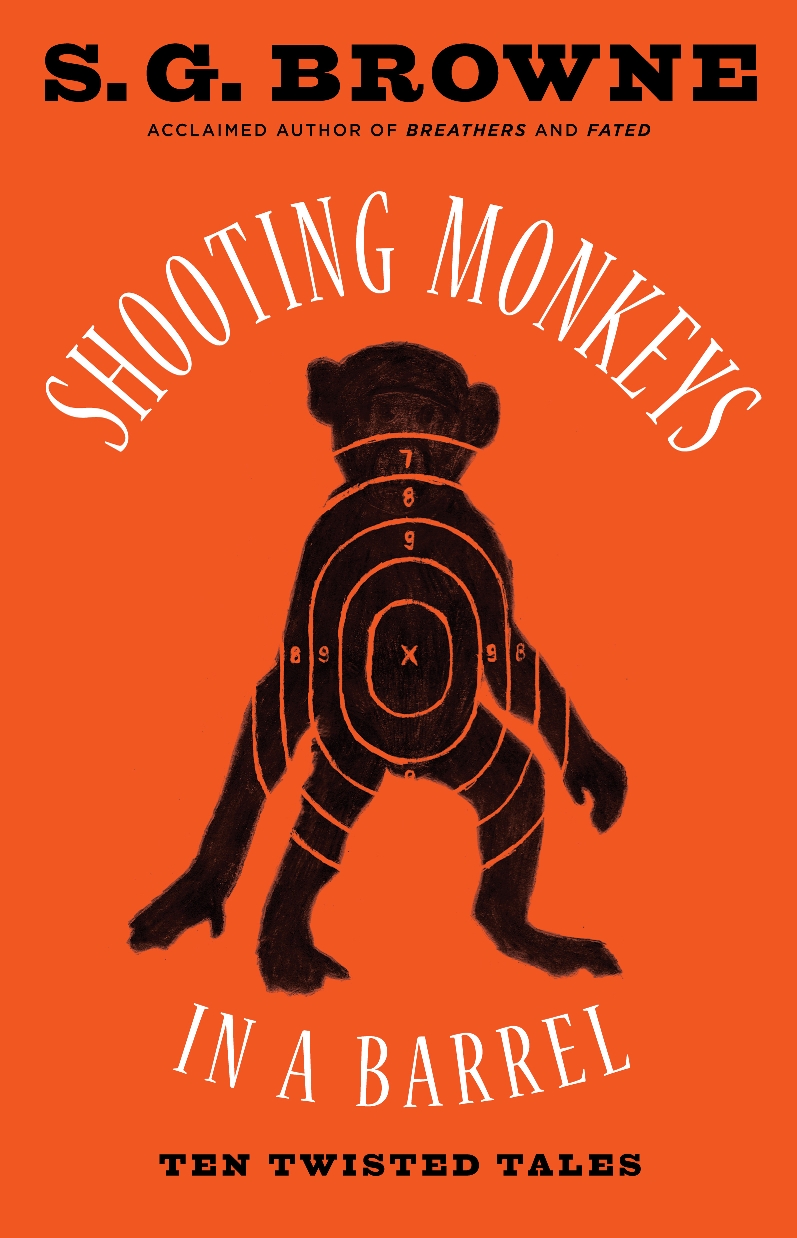If I’m trying to sleep, the ideas won’t stop. If I’m trying to write, there appears a barren nothingness. —Carrie Latet
Where do writers get their ideas? In the first installment of Slushpile of the Mind, I told you where I get mine. Below you’ll find five authors who share where they find theirs. Check ’em out!
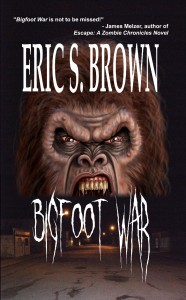 Eric S. Brown
Eric S. Brown
Eric S Brown is the author of Bigfoot War, Season of Rot, and World War of the Dead. His novel, War of the Worlds Plus Blood Guts and Zombies, will be released from Simon and Schuster in December and is available for pre-order now at www.amazon.com and numerous other places. His short fiction has been published hundreds of times and he was a featured expert on the zombie genre in Jonathan Maberry’s Zombie CSU: The Forensics of the Living Dead.
I get my ideas from growing up reading comics, loving zombies and horror, and having that whole background to draw on. With all that genre knowledge bouncing around in my skull, it’s easy to see something happen in everyday life or on the news and go “whoa, what if this happened but with this?”
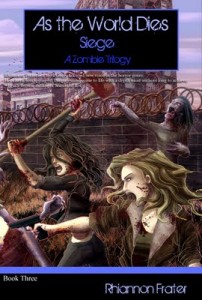 Rhiannon Frater
Rhiannon Frater
Rhiannon Frater is the author of the award-winning As the World Dies Zombie Trilogy, originally self-published but later picked up by Tor for release in 2011. She is also the author of the modern day vampire novel, Pretty When She Dies and the gothic horror novel, The Tale of the Vampire Bride. Her latest release is the YA zombie novel The Living Dead Boy and the Zombie Hunters from the Little Library of the Living Dead Press. Visit Rhiannon at rhiannonfrater.blogspot.com.
My nightmares are my primary inspiration. As strange as it sounds, every time I have one, I wake up thinking “Can I use it?” My vampire novels are both based on vivid dreams. Also, sometimes I’ll just have a vivid image come to mind that gives birth to a story. I “saw” Jenni standing on her doorstep in her pink nightgown staring at the tiny fingers of her zombified toddler pressed under the front door and that was how As The World Dies was born. Once in awhile, I’ll hear a conversation start up in my head (yes, I have voices in my head), and I’ll turn my attention inward to discover characters discussing their story. I have said it before and I’ll say it again, being a writer is just a way of being legally insane.
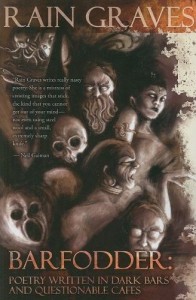 Rain Graves
Rain Graves
Rain Graves has been published in the horror fiction genre since 1997 professionally, but she’s best known for her poetry books, The Gossamer Eye (2002 Bram Stoker Winner) with David N. Wilson and Mark McLaughlin, and BARFODDER: Poetry Written in Dark Bars and Questionable Cafes (2009 Bram Stoker Finalist), which Publisher’s Weekly hailed as ‘Bukowski meets Lovecraft…’
I get my ideas from real life horror; crime. Sometimes it’s as subtle as watching a cat toy with a bug and toss it around before killing it. Other times, it’s terrible news stories like the Fritz Lieber trial, or good old fashioned unsolved mysteries, like the Black Dahlia or Jack The Ripper.
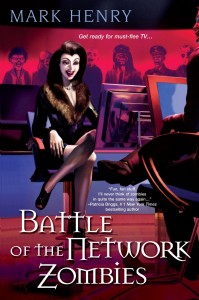 Mark Henry
Mark Henry
Mark Henry writes just about everything, from horror comedy to young adult fantasy to erotica. His novels include the Amanda Feral trilogy, Happy Hour of the Damned, Road Trip of the Living Dead, and Battle of the Network Zombies. His first short fiction as Daniel Marks will be published this month in the young adult anthology, Kiss Me Deadly: 13 Tales of Paranormal Love. Check out Mark’s snark stylings at www.markhenry.us.
Where do I get my ideas? That’s a hard question and one I don’t get very often, which puts me in the minority. I think people are worried about how I might answer, like I roll up out of the gutter to do my author events and those damp spots on my clothes might be urine or vomit or…worse. Understandable considering my horror-comedy series is pretty vulgar and very dark. But, oddly enough, I’m not out plumbing the depths of bondage dungeons and funeral home foam parties to put together a story. The answer is simply, the ideas come from EVERYWHERE.
Regardless of whether I’m writing about zombies or vampires or sex-changing demons, I try to infuse the stories with all the little horrors of everyday life. It’s not unheard of for me to sit around in cafes and write down eavesdropped conversations, or draw out people’s horror stories about pus extraction or relationship decay. That shit is perfectly decent fiction fodder, in my book. Food Courts, newspapers, gossip blogs. Books. Reading is a big one. Though I’m rarely inspired by my own genre. I am inspired by “perfect sentences.” Those stretches of words that are themselves self-contained stories. Vonnegut owns my favorite. But I’ll keep it to myself.
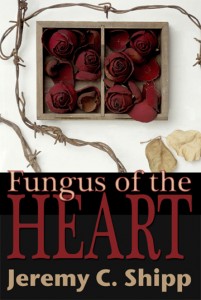 Jeremy C. Shipp
Jeremy C. Shipp
Jeremy C. Shipp is the Bram Stoker nominated author of Cursed, Vacation, and Sheep and Wolves. His shorter tales have appeared or are forthcoming in over 50 publications, the likes of Cemetery Dance, ChiZine, Apex Magazine, Pseudopod, and Withersin. His new book, Fungus of the Heart, comes out in October. Feel free to visit his online home at www.jeremycshipp.com and follow him on Twitter at twitter.com/JeremyCShipp.
My creative fire is predominantly enkindled by those beings who elicit a potent response in my organs, from the man who bolts toward my car pointing a handgun at my head, to the kitten who dies in my arms, to the zombified Smurfs in my dreams, to the wife who calls me just to say she loves me. I also find myself reacting creatively to the goings-on on this planet. I make an effort to keep my finger on the weakening pulse of civilization, and I am sometimes heartbroken, sometimes touched by what I learn. All of these people, all of these experiences funnel into me, reflect off the funhouse mirror in my soul, and transform into ideas. The ideas, then, shoot down my right arm, and squirt out of my fingers, octopus-style, and I write and I write until my brain implodes and I have to sleep for a while.





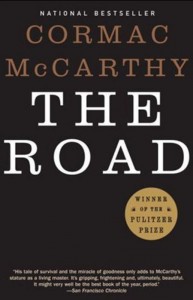 Blue Ribbon:
Blue Ribbon: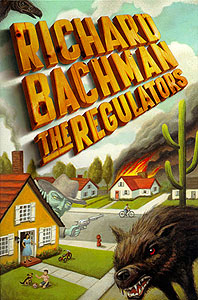 Whatever Color Ribbon Is For Second Place:
Whatever Color Ribbon Is For Second Place: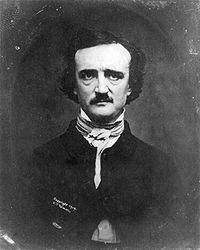 *Bonus – Favorite Narrative Poem
*Bonus – Favorite Narrative Poem